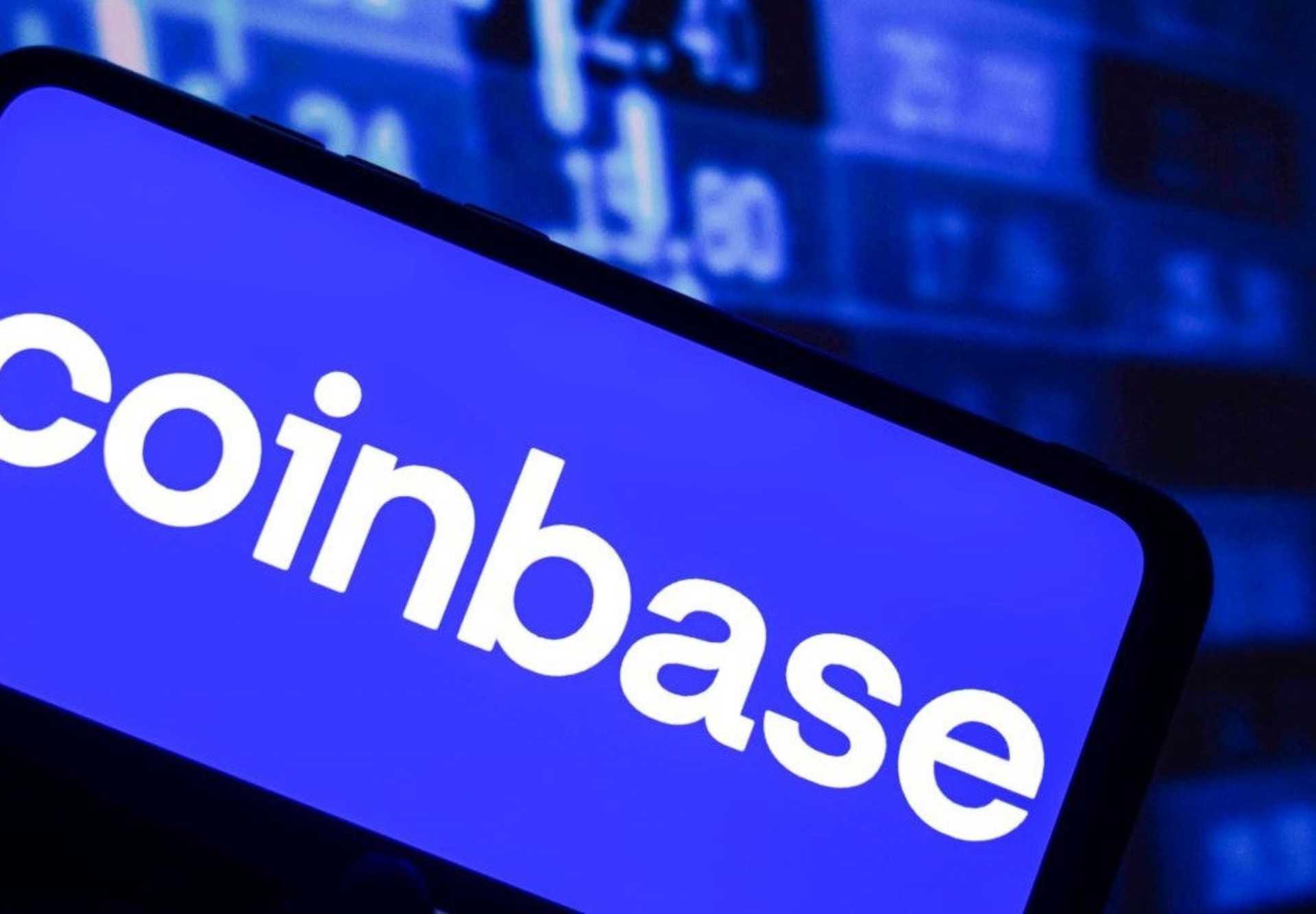In the ever-expanding world of cryptocurrencies, Coinbase has emerged as one of the most influential and powerful players. As a leading cryptocurrency exchange, Coinbase has gained significant popularity and dominance in the industry. However, with its increasing influence, there are concerns about Coinbase becoming a puppet master that could control the destiny of the crypto market. In this blog post, we will explore the rise of Coinbase, its impact on the crypto ecosystem, and the potential implications of its centralized power.
1. The Rise of Coinbase
Coinbase was founded in 2012 to make cryptocurrency accessible to everyone. Over the years, it has grown into a prominent exchange and wallet service, catering to millions of users worldwide. Coinbase’s user-friendly interface, robust security measures, and extensive selection of supported cryptocurrencies have contributed to its rapid growth and popularity.
2. Coinbase’s Influence on the Crypto Market
a) Market Accessibility: Coinbase has played a crucial role in mainstreaming cryptocurrencies by providing a user-friendly platform for buying, selling, and storing digital assets. Its intuitive interface and wide range of supported fiat currencies have made it easier for newcomers to enter the crypto market.
b) Trading Volume and Liquidity: Coinbase’s large user base and high trading volume have made it a significant player in the crypto market. Its liquidity contributes to price discovery and market stability, attracting institutional investors and traders who rely on deep liquidity for their activities.
c) Listing Power: Coinbase’s influence extends to the listing of cryptocurrencies. The decision to list a cryptocurrency on Coinbase can substantially impact its market value and visibility. Coinbase’s strict listing criteria and limited selection process give it significant control over which cryptocurrencies gain exposure to a wider audience.
3. Potential Concerns and Implications
a) Centralized Power: Coinbase’s position as a centralized exchange raises concerns about the concentration of power. As a gatekeeper to the crypto market, Coinbase has the ability to influence the prices of listed cryptocurrencies and determine which projects thrive or struggle. This level of control contradicts the decentralized ethos of cryptocurrencies.
b) Limited Selection: While Coinbase offers a wide range of cryptocurrencies compared to traditional financial institutions, its selection process leaves many projects out. This leads to a consolidation of power, where only a handful of cryptocurrencies listed on Coinbase receive significant attention and liquidity, potentially stifling innovation and diversity within the crypto market.
c) Regulatory Risks: Coinbase’s prominence makes it a prime target for regulatory scrutiny. Regulatory actions or changes in laws could impact Coinbase’s operations, leading to potential disruptions in the market and affecting user experiences.
d) Security and Custody: As a custodial service, Coinbase holds the private keys to users’ cryptocurrencies. While Coinbase has implemented robust security measures, this centralized custody poses a potential risk. A security breach or loss of funds could have far-reaching consequences for the users and the overall market sentiment.
4. Diversifying the Crypto Landscape
a) Decentralized Exchanges: The rise of decentralized exchanges (DEXs) offers an alternative to centralized platforms like Coinbase. DEXs operate on the blockchain, allowing users to trade directly from their wallets without the need for a centralized intermediary. DEXs promote decentralization, transparency, and user control over funds.
b) Embracing Other Exchanges: The crypto community can foster a healthier ecosystem by embracing and utilizing other reputable exchanges. Supporting multiple exchanges reduces the dependency on a single platform and promotes competition, innovation, and fair market practices.
c) Educating Users: Educating users about the risks and potential implications of centralized exchanges is crucial. Encouraging users to explore different platforms, manage their own private keys, and take responsibility for their funds can promote a more decentralized and resilient crypto ecosystem.
5. Balancing Power and Responsibility
a) Transparency and Accountability: Coinbase should strive for transparency in its operations and decision-making processes. Clear communication about listing criteria, updates, and changes will help foster trust and mitigate concerns about centralized control.
b) Community Governance: Involving the crypto community in decision-making processes, such as listing new cryptocurrencies or making policy changes, can ensure a more inclusive and decentralized approach.
c) Interoperability and Collaboration: Collaborative efforts among exchanges, projects, and the broader crypto community can promote interoperability and reduce the influence of any single entity. Standards and protocols that enable seamless interaction between different platforms can further decentralization and promote fair market practices.
Conclusion
Coinbase’s rise to prominence has undoubtedly played a significant role in driving cryptocurrency adoption and shaping the market. However, concerns about its centralized power and potential influence over the crypto few cannot be ignored. It is essential for the crypto community to actively work towards diversifying the landscape, embracing decentralized exchanges, and educating users about the importance of self-custody and decentralization. By promoting decentralization, innovation, and fair market practices, we can create a more resilient and inclusive crypto ecosystem that aligns with the core principles of cryptocurrencies. Balancing power and responsibility will be crucial as the crypto industry evolves and matures.

